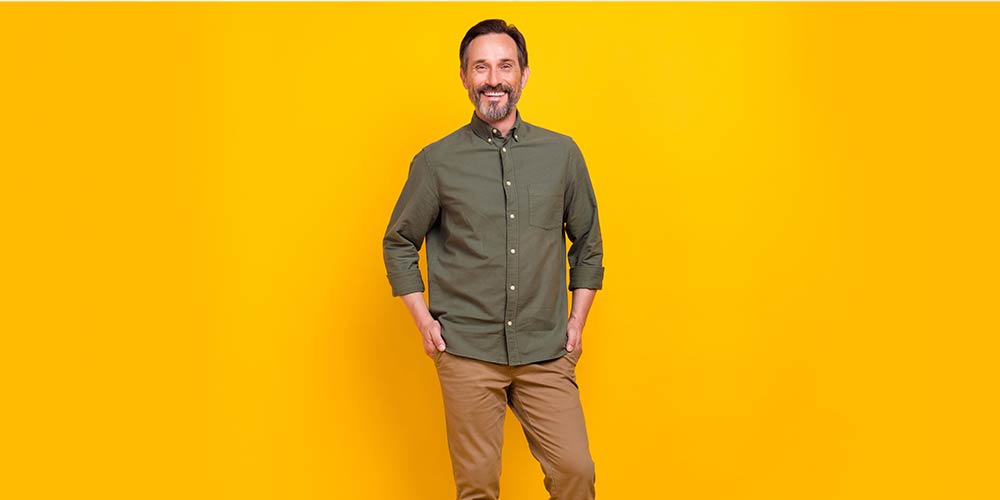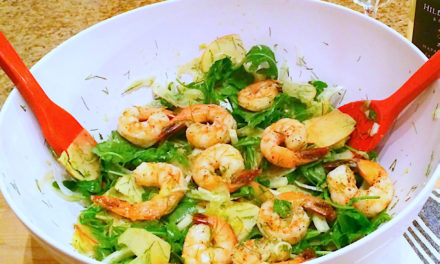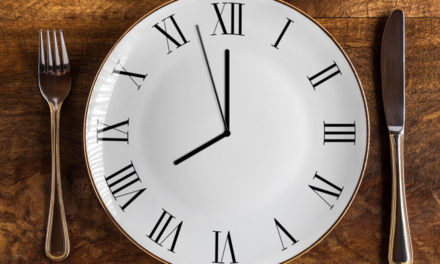“I don’t want to lose weight…I need to stay big.” I looked across the desk in my sparse Veterans Affairs nutrition office at the man who issued this statement. I waited for an explanation. I had not encouraged weight loss, so his words were surprising. “If I lose weight, folks won’t be as intimidated by me. My neighborhood is rough. You don’t want to be small in my neighborhood.” His words have lingered in my mind since that moment, reinforcing to me, a straight-sized, white female dietitian, that the differences between men’s and women’s perspectives on body image are, at times, fundamentally different.
Not to say that men are exempt from body image concerns – by no means! A male client of mine recently indicated that spaces for men to voice their struggles with body image feel limited. Many body image books, resources, and podcasts are by women and for women. In the face of women’s struggles with body image, men often feel overlooked.
One research study showed that 90% of men on college campuses endorse some form of body dissatisfaction. Another demonstrated that men experience body dissatisfaction on either end of the weight spectrum – “too thin” or “too heavy.” Muscularity and physical prowess are often associated with greater masculinity and sex appeal.
Widespread body objectification may contribute to this dissatisfaction. Aaron Flores, a Registered Dietitian specializing in men’s eating and body image concerns, hypothesized during an interview on Dan Harris’s podcast “10 Percent Happier” that the widespread objectification of women’s bodies harms not only women but men as well. He notes the constant comparison and rating systems about women’s bodies may also be internalized by men. Still, speaking up about body image concerns in predominantly male circles feels taboo and overly vulnerable.
The cultural expectations for men responding to body image concerns are unique. For men, humor is often used as a coping mechanism for internalized body shame. Poking fun at other men’s features, hairlines, or other aspects of their bodies is the norm – along with the expectation that he will just “take it in stride.” Additionally, well-meaning family and friends may engage in name-calling or use nicknames such as “big boy” or “Hoss.”
However, these normative patterns are not without harm. As one of my male clients living in a larger body shared, his father’s comments about his body left him full of rage and reeling with shame, but he felt at a loss for how to express these emotions when the expectation is to simply “suck it up.” Another told me, “I’m just so sick of being called ‘big guy.’”
On the other end of the spectrum, supplement companies and gyms market weight-gaining powders and tinctures targeting men with leaner frames or shorter stature. Many weight-gain supplements are non-FDA-regulated or third-party tested and may contain proprietary blends laced with harmful ingredients, including steroids.
As standards for men’s bodies become increasingly unrealistic (propelled by the diet industry, supplement companies, men’s health magazines, and social media), choosing to opt out is a true act of courage. Body acceptance rather than body “control” requires both bravery and intentionality.
Making a Change
- REMEMBER: ALL BODIES DESERVE RESPECT. Understanding that body dissatisfaction is not a “women’s only” domain may help dismantle unrealistic standards and open doors for genuine conversations about men’s body image struggles.
- CULTIVATE COMMUNITY. The challenges men face regarding body image satisfaction are real and require safe communities in which to process and verbalize these struggles. Creating a culture of respect, consideration, and vulnerability among men is a first step towards dismantling the culture of silence around body image struggles. Create safe spaces where men feel more comfortable being vulnerable and honest about their body image struggles — there is power in authenticity!
- MOVE FROM BODY SHAME TO ACCEPTANCE. A note for men who may be years into dieting with little to no long-term ‘success’ with weight loss OR weight gain plans: Bodies are not meant to be “controlled.” Making peace with the body you have and refusing to continue funneling time, money, and mental/emotional energy into changing your body size or shape will free you to live in line with your values. Movement away from disordered strategies aimed at changing body composition toward body acceptance and trust can help reduce the body shame so prevalent in our body-obsessed culture.
- SET BOUNDARIES. Refusing to participate in name-calling, bullying, or even “good-natured” teasing among friends may open new avenues for humor expression and connection. Opting out of comments or jokes about other men’s bodies may prevent unintentional harm. Set boundaries with friends, family, or strangers who cross lines with body-centric comments or nicknames.
- SEEK SUPPORT. Check out Aaron Flores’ Instagram page @AaronFloresRDN or his “Men Unscripted” podcast. Reach out to Memphis Nutrition Group for help navigating negative body image and guidance in fueling for performance and health rather than body modification.
For personalized guidance when integrating Intuitive Eating and sports nutrition into your fueling strategy, reach out to the Registered Dietitians at Memphis Nutrition Group.
By Emily Gause, MA, RDN, LDN







